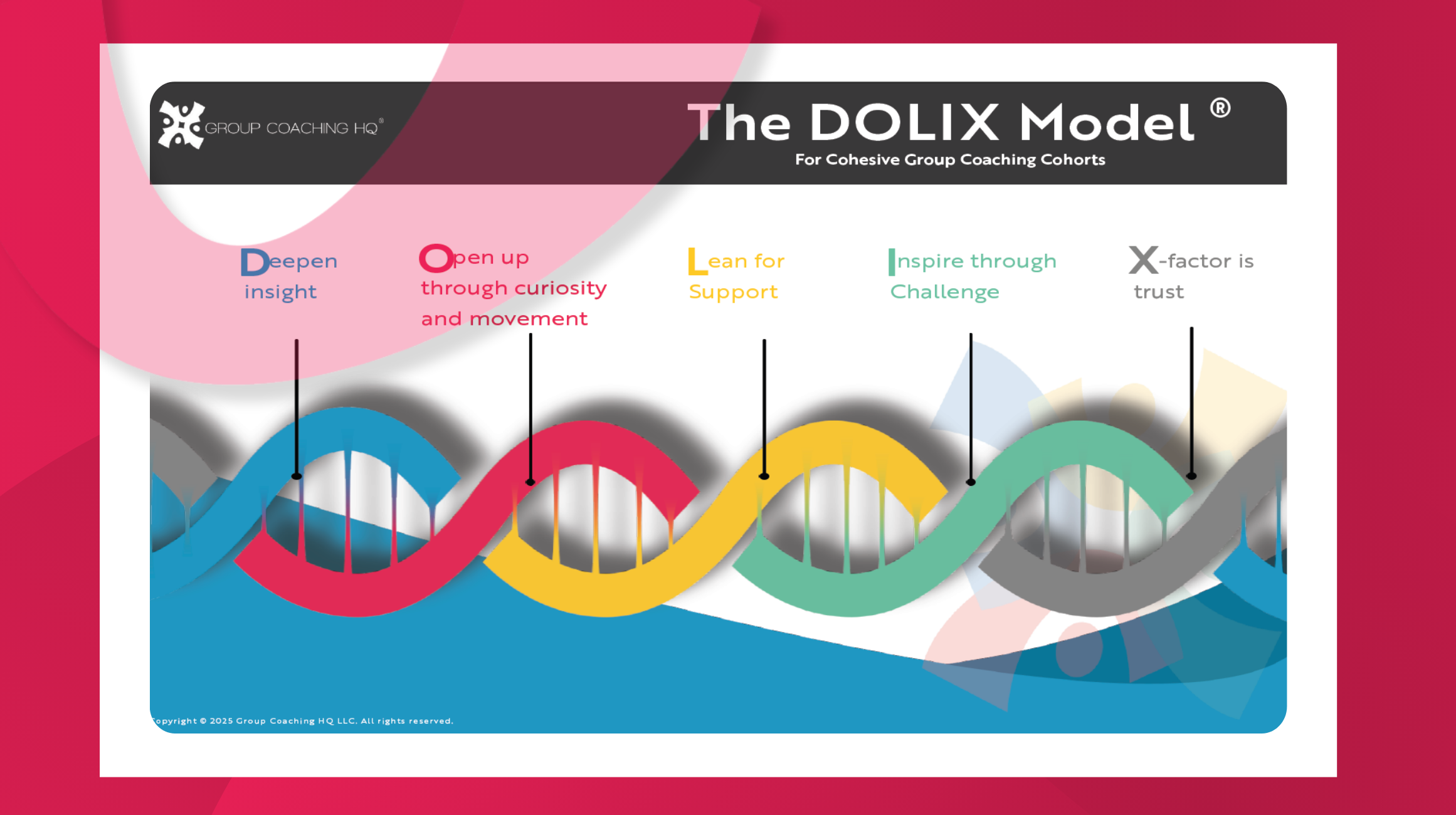
How to create clear and effective group coaching contract
May 1, 2023
When someone hears the word “contract,” their mind often goes to legal arrangements or setting up payments.
For us coaches, it’s a completely different story. We know that having a strong coaching relationship with a client (whether that’s an individual, or a group) depends on co-creating a group coaching contract and revisiting it often.
In the same vein, having an incredible, world-class group coaching program means contracting clearly so that everyone involved knows exactly what to expect.
Why is contracting important for group coaching?
- Greater clarity for all parties: Everyone involved, from the company, leadership or in the personal context, the group member must have a clear understanding of the direction and goals for the coaching engagement.
- Increased trust: When expectations are set, and confidentiality is guaranteed, your group members will be much more willing to be vulnerable. Whether in the professional or personal context, this will allow you to create much deeper and meaningful conversation.
- Stronger buy-in from the group: If each group member is involved in the group coaching contract creation, their commitment to success will be much stronger.
- Avoiding conflict, disappointment, misunderstandings… By having clear group coaching contracts, you are setting yourself and the group up for success.
What does a group coaching contract look like?
A group coaching contract is a clear list of what each person in the group expects out of this experience. It highlights roles responsibilities for group members and for the coach as well as other stakeholders if the engagement is internal to an organization. You might highlight engagement, presence, attendance etc.
Coaching contracts, which must be drawn up early in the group’s journey (before coaching begins), can be added to and amended.
On a smaller scale, setting an intention for every single session will also provide focus, parameters, and motivation for everyone and is a type of contract.
Group coaching in organizations: Who needs to be involved in contracting?
Coaching contracts are essential between the group participants and the coach. In addition, anyone who will be directly impacted by the coaching and has a relationship with the process can and should be involved to create clear expectations. This could include: The group members, their manager, the company paying for the coaching, the leadership team.
When you’re coaching a group as a part of the organization, ask a lot of questions! You’ll need clarity on who is contracting the coaching, expectations, legal requirements, if any, as well as a timeline and goals. You must include these conversation very early in the process, before coaching starts so you also have a sense of who the goals are coming from.
For example, does a department sponsoring coaching for the department directors have the decision-making power, and does that influence how the coaching process will go for that group in the cohort?
You’ll need to learn everything as to why the people involved are in coaching - especially if it involves their future employment or career success - and have that noted.
If you’re coaching a team, there are many more considerations (e.g. power dynamics, the involvement of the manager(s) during the coaching process etc.
Make sure that you leave nothing unsaid and create a lot of transparency for all.
When should you think about contracting?
The earlier that you think about group coaching contract, the better. Having templates ready and a sense of what you need to protect yourself, the coaching relationship, and your business is essential. Contracts should be drawn before coaching begins.
What does a group coaching contract need to include?
Contracting should include a few essentials as you begin with a clear conversation and setting the expectation that a contract will be put together.
The contract should include:
- Who the group coaching participants are
- A description of the purpose of coaching as well as the desired outcomes and how they will be measured.
- How privacy, confidentiality and anonymity will be enforced — this is especially important when there are several stakeholders, to create psychological safety for the members.
- It helps to include a reference to the ICF code of ethics for example
- The mode and frequency of coaching (E.g. twice weekly through video calls)
- How long the engagement will last (we prefer to ensure this is a clear amount of time vs leaving it opened)
- Cost and other administrative practices such as payment, billing etc.
- An escalation process in case a member of the group is not abiding to the norms
- Potential grounds for termination
Good coaching contracting provides not just legal protection but safe and clear frameworks, expectations, and goals to work towards. This transparency allows all parties to work deeper and be on the same page, with shared benchmarks and a chance to discuss or adjust openly when/if necessary - deepening the relationships with the clients and within the cohort.
Happy contracting!
{{blog-cta-big}}


%20(1).png)